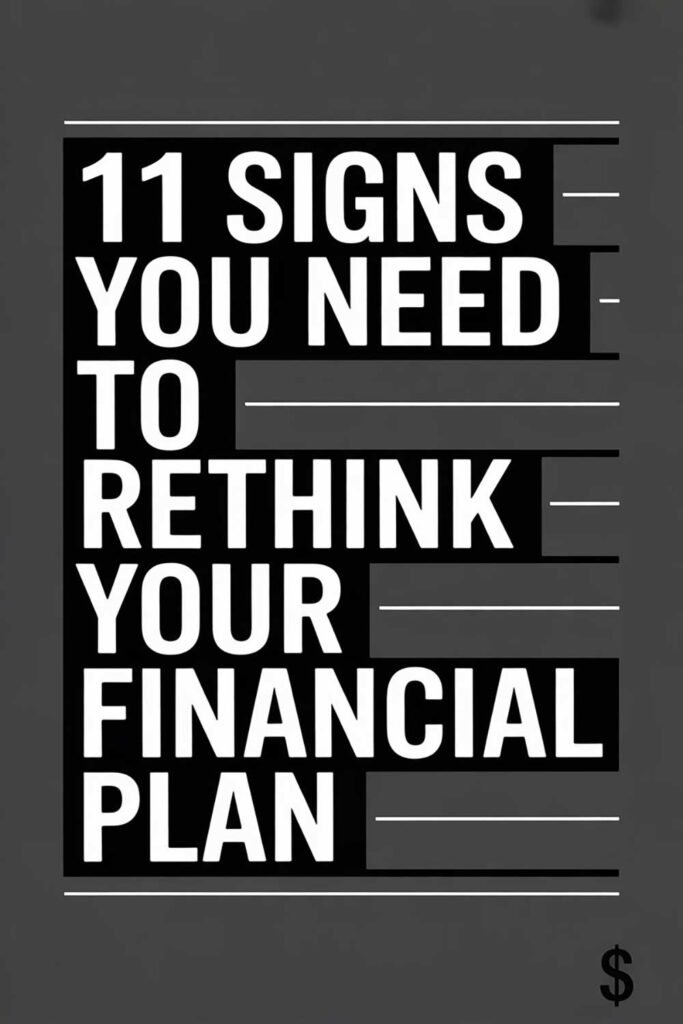How to Build Financial Habits That Support a Stress-Free Life
Money is one of the leading causes of stress — but it doesn’t have to be. By building smart, consistent financial habits, you can create a life where bills don’t scare you, emergencies don’t derail you, and the future feels exciting instead of terrifying. A stress-free life isn’t just about having more money — it’s about having better habits that give you control, confidence, and peace.

This guide will walk you through the actionable steps to build financial habits that support a calmer, more secure, and more fulfilling lifestyle.
Why Financial Habits Matter More Than Income
It’s easy to think the solution to money stress is simply earning more. But the truth is, your habits determine your financial peace — not just your paycheck. People with modest incomes and smart habits often feel more financially secure than high earners living paycheck to paycheck.
Your money habits reflect your mindset, values, and emotional relationship with money. They affect everything from how you handle unexpected expenses to how you sleep at night.
1. Track Every Dollar — Awareness Is Power
You can’t change what you don’t understand. Start by tracking your spending for 30 days — every penny. This gives you a financial snapshot and helps you identify leaks, patterns, and emotional triggers.
Real-Life Example: Emily used a free budgeting app and discovered she spent over $400 a month on takeout. She redirected half of that toward debt repayment and still enjoyed weekly treats — stress down, savings up.
2. Create a Simple, Flexible Budget
A budget doesn’t have to be restrictive. In fact, it’s a tool for freedom — not control. Build a system that gives every dollar a job while leaving room for joy.
Tips:
- Use the 50/30/20 rule: 50% needs, 30% wants, 20% savings/debt
- Build in “fun money” to avoid burnout
- Adjust monthly — life changes, so should your budget
Real-Life Example: Josh created a flexible Google Sheet budget that allowed for fun weekends. Knowing he could enjoy life and save gave him major peace of mind.
3. Automate Everything You Can
Automation eliminates decision fatigue and forgetfulness. Set up automatic payments for bills, savings, and investments.
- Automate your savings transfer on payday
- Auto-pay your credit card minimums to avoid late fees
- Set up investment contributions through your employer
Real-Life Example: Laura automated her $50 weekly savings into a separate account. A year later, she had $2,600 saved — painlessly.
4. Build an Emergency Fund (Even a Small One)
Nothing brings peace like knowing you’re covered. Aim for $500–$1,000 as your first emergency goal, then build toward 3–6 months’ expenses.
Real-Life Example: David used to panic when car trouble hit. After saving just $800 in an emergency fund, he felt like a new man — calm, confident, and in control.
5. Pay Yourself First — Consistently
Saving shouldn’t be what’s left over — it should be the first thing you do. Even $10 a week adds up.
Real-Life Example: Michelle started saving $25 each payday. Within six months, she had over $600 saved. It built confidence and a new habit of putting herself first.
6. Ditch Debt Strategically
Debt is a major source of financial anxiety. Pick a strategy that works for you:
- Snowball Method: Pay smallest debt first for motivation
- Avalanche Method: Pay highest interest first to save money
Real-Life Example: Kevin used the snowball method to pay off three credit cards in one year. Each small win gave him momentum and peace of mind.
7. Practice Mindful Spending
Pause before every purchase: “Do I need this? Will I still want it in 48 hours?” This builds awareness and reduces impulse stress.
Real-Life Example: Amy created a 48-hour rule. It helped her avoid regretful purchases and gave her a greater sense of control.
8. Schedule a Weekly Money Check-In
Set aside 15 minutes each week to review your finances. This helps catch issues early and keep your goals front and center.
Real-Life Example: Tom and his wife made Sunday night their money check-in. It reduced arguments, improved their teamwork, and strengthened their marriage.
9. Set Financial Goals That Align With Your Values
Money goals should reflect what matters to you — not what others expect. Whether it’s travel, early retirement, or debt freedom, align your money habits with your values.
Real-Life Example: Nina wanted to live off-grid. Every financial decision was measured against that dream. Three years later, she moved to a cabin she paid for in cash.
10. Learn About Money — Consistently
The more you understand personal finance, the less scary it becomes. Read books, listen to podcasts, and follow experts.
Real-Life Example: Jason listened to one financial podcast every weekday on his commute. In a year, he completely transformed his money mindset.
20 Quotes About Building Financial Habits and Living Stress-Free
- “Do something today that your future self will thank you for.” – Unknown
- “It’s not about having more money. It’s about having better habits.” – Unknown
- “A budget is more than numbers on a page; it is an embodiment of our values.” – Barack Obama
- “The best way to predict the future is to create it.” – Peter Drucker
- “Small daily improvements are the key to staggering long-term results.” – Darren Hardy
- “Your habits will determine your future.” – Jack Canfield
- “Money is a terrible master but an excellent servant.” – P.T. Barnum
- “The goal isn’t more money. The goal is living life on your terms.” – Chris Brogan
- “Saving must become a priority, not just a thought. Pay yourself first.” – Dave Ramsey
- “Discipline is choosing between what you want now and what you want most.” – Abraham Lincoln
- “Financial freedom is a mental, emotional, and educational process.” – Robert Kiyosaki
- “Wealth consists not in having great possessions, but in having few wants.” – Epictetus
- “The way you do anything is the way you do everything.” – Martha Beck
- “Beware of little expenses; a small leak will sink a great ship.” – Benjamin Franklin
- “An investment in knowledge pays the best interest.” – Benjamin Franklin
- “Mindful spending is the path to mindful living.” – Unknown
- “Financial peace isn’t the acquisition of stuff. It’s learning to live on less than you make.” – Dave Ramsey
- “Consistency breeds confidence.” – Unknown
- “You can’t fix what you don’t face.” – James Baldwin
- “Live like no one else, so later you can live like no one else.” – Dave Ramsey
Picture This
Imagine waking up without money stress. You check your accounts, and everything is in order. You’ve got money saved, bills on autopay, and a plan for your goals. There’s no panic at the pump, no dread when the mail arrives, and no tension at checkout.
Instead, there’s peace. You’re in control. And every habit you’ve built is one more brick in the strong, calm foundation of a life you love.
What could your life feel like if money brought you peace instead of pressure?
Share This Article
If this article gave you clarity or motivation, please share it with a friend, family member, or on social media. You never know who might need it — and your share could spark someone else’s stress-free financial journey.
Disclaimer
This content is for informational and educational purposes only. It is based on personal experience and general advice. Always consult with a licensed financial professional before making any major financial decisions.






